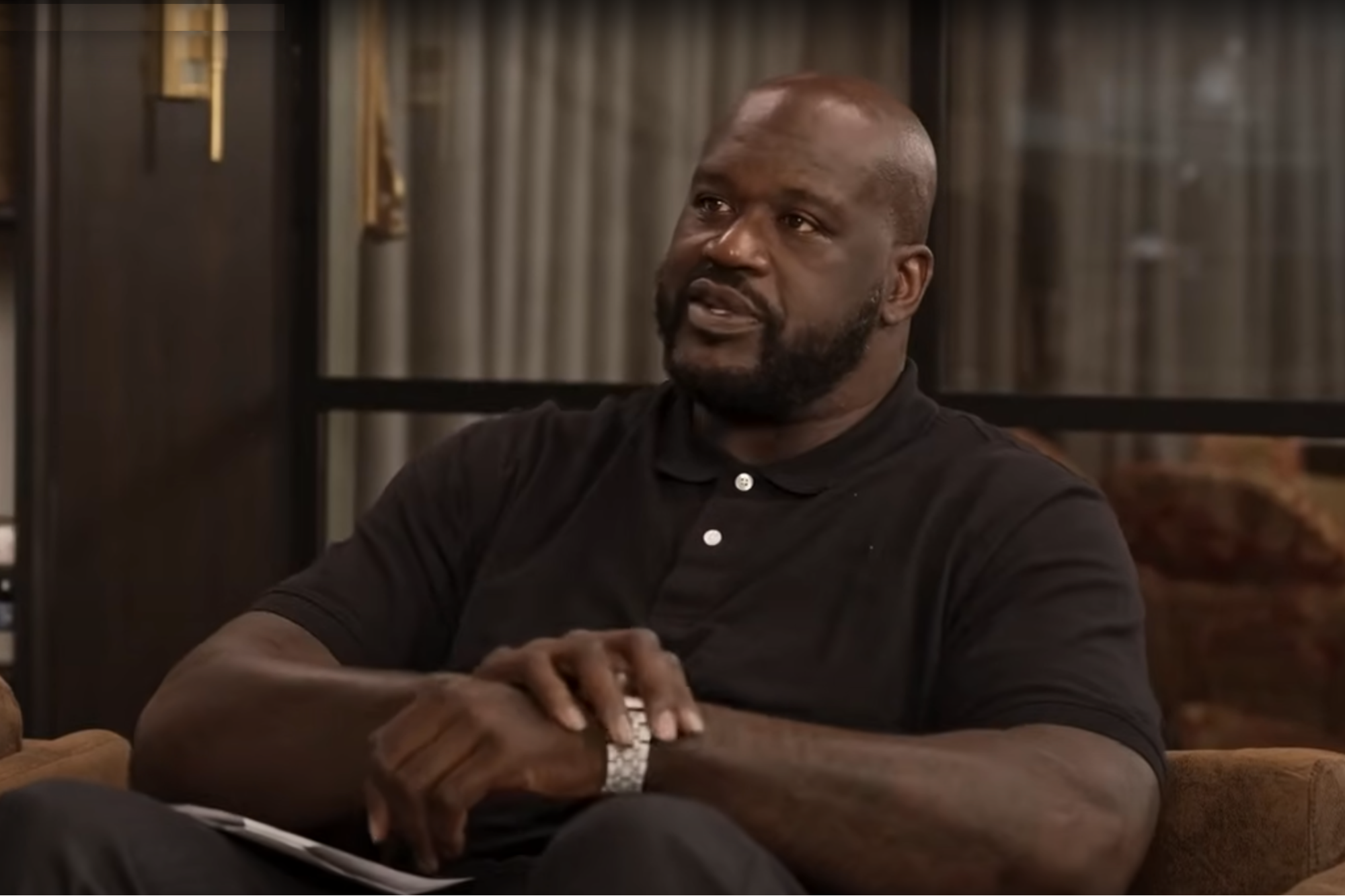The Two Words Steve Jobs Hated Most Apple's former top marketing executive reveals two of the most 'dreaded, hated' words at Apple under Steve Jobs.
By Kyle Russell
This story originally appeared on Business Insider
It's not often that we get to hear new first-hand accounts of what it was like to work at Steve Jobs' Apple.
When we do get a new chance, there's always some new reveal about how he shaped the company's culture.
Take, for instance, this new interview with former Apple VP of Worldwide Marketing Communication Allison Johnson.
From 2005 to 2011, Johnson was one of the few people at Apple to have a direct line of communication with Jobs himself.
According to Johnson, the two most "dreaded, hated" words at Apple under Steve Jobs were "branding" and "marketing."
"In Steve's mind," she recalls, "people associated brands with television advertising and commercials and artificial things. The most important thing was people's relationship to the product. So any time we said 'brand' it was a dirty word."
On the subject of marketing, Johnson says that "marketing is when you have to sell to somebody. If you aren't providing value, if you're not educating them about the product, if you're not helping them get the most out of the product, you're selling. And you shouldn't be in that mode."
Wait a second. Isn't marketing what Apple does best? How can the head of worldwide marketing at Apple claim that marketing was dirty word in the company?
Responding to a similar question from her interviewer, Behance CEO Scott Belskey, Johnson explains that Apple treated its launch campaigns as massive efforts to educate the public about the company's new products by effectively communicating what made the experience using them so great:
What was important about that is the marketing team was right next to the product development and engineering teams. So we understood deeply what was important about the product, what the team's motivations were in the product, what they hoped that product would achieve, what role they wanted it to have in people's lives. And because we were that close, we were able to translate that very clearly in all of our marketing and communications.
You can watch the full interview with Johnson in the video below:










